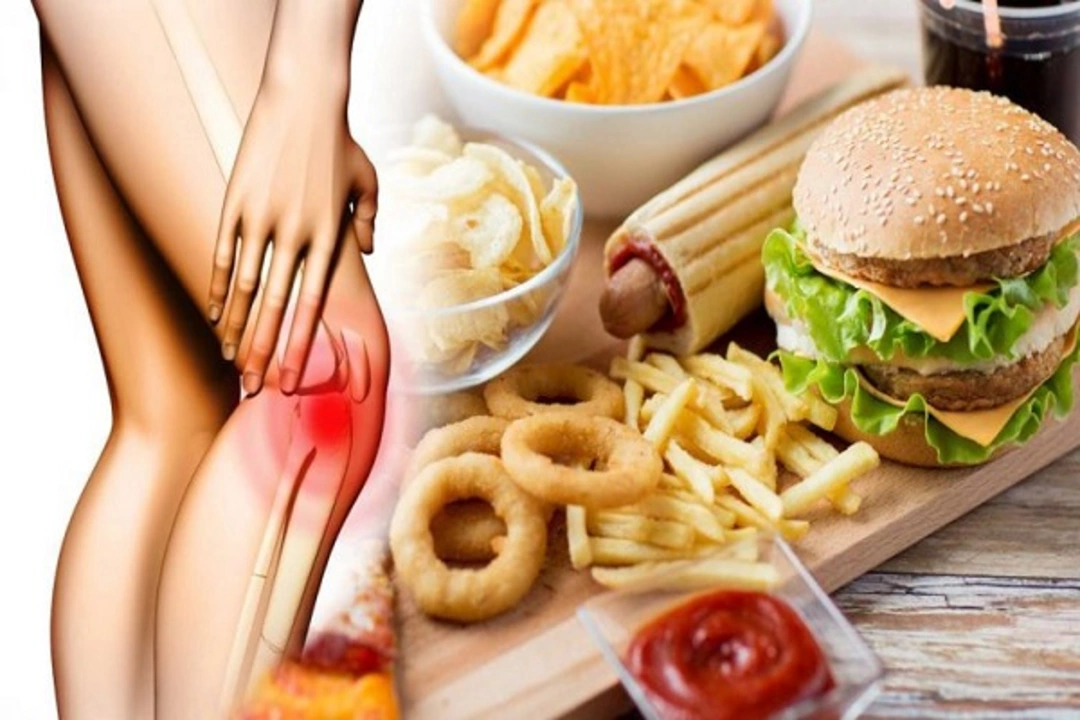Diarrhea: what to do right away
You can lose several liters of fluid in a single day with bad diarrhea. That’s why the first goal is simple: replace fluid and salts, and watch for danger signs. Most cases are short-lived and get better with basic care at home. Below I’ll tell you what helps, what to avoid, and exactly when to call a doctor.
Quick home fixes
Start rehydration immediately. Use an oral rehydration solution (ORS) — the WHO formula works: 1 liter clean water, about 6 teaspoons sugar and 1/2 teaspoon salt. Sip slowly but steadily. For mild cases you can also drink clear broths, diluted fruit juice, or a rehydration drink from the store.
What to eat: skip heavy, greasy foods at first. Try bland options as your appetite returns — toast, rice, bananas, plain potatoes, and applesauce. These are gentle on the gut and can slow stools. Avoid alcohol, caffeine, and dairy if those make symptoms worse.
Medications: loperamide (Imodium) can cut stool frequency and help you feel better fast. Use the package directions; a common OTC approach is 4 mg to start, then 2 mg after each loose stool (do not exceed 8 mg per day without medical advice). Don’t use loperamide if you have high fever or bloody stools — that could make an infection worse. Probiotics such as Saccharomyces boulardii or Lactobacillus rhamnosus GG may shorten symptoms by about a day in many acute cases.
Avoid antibiotics unless a doctor confirms a bacterial cause. Antibiotics won’t help viral diarrhea and can cause complications like C. difficile infection.
Red flags — when to see a doctor
Seek medical care if you notice any of these: signs of severe dehydration (dizziness, very low urine output, very dry mouth), blood in the stool, a fever above 38.5°C (101.3°F), severe belly pain, diarrhea lasting more than 48 hours for adults (sooner for infants and elderly), or if you’re immunocompromised. Babies, older adults, and people with chronic illness should get medical attention sooner.
If you’ve recently traveled to areas with unsafe water or eaten high-risk foods and your symptoms are severe, mention that to your provider — some infections need testing and targeted antibiotics. If you take regular medications, check with a clinician because diarrhea can change how drugs work or increase dehydration risk.
Prevention matters: wash hands after the bathroom and before food, drink bottled or boiled water when traveling, and avoid raw or poorly cooked foods in risky places. Keep a small ORS pack in your travel kit — it’s the easiest way to stop dehydration early.
Diarrhea is usually manageable at home, but don’t ignore warning signs. If you’re unsure, call a nurse line or your doctor — getting treatment early can prevent complications and make recovery faster.

